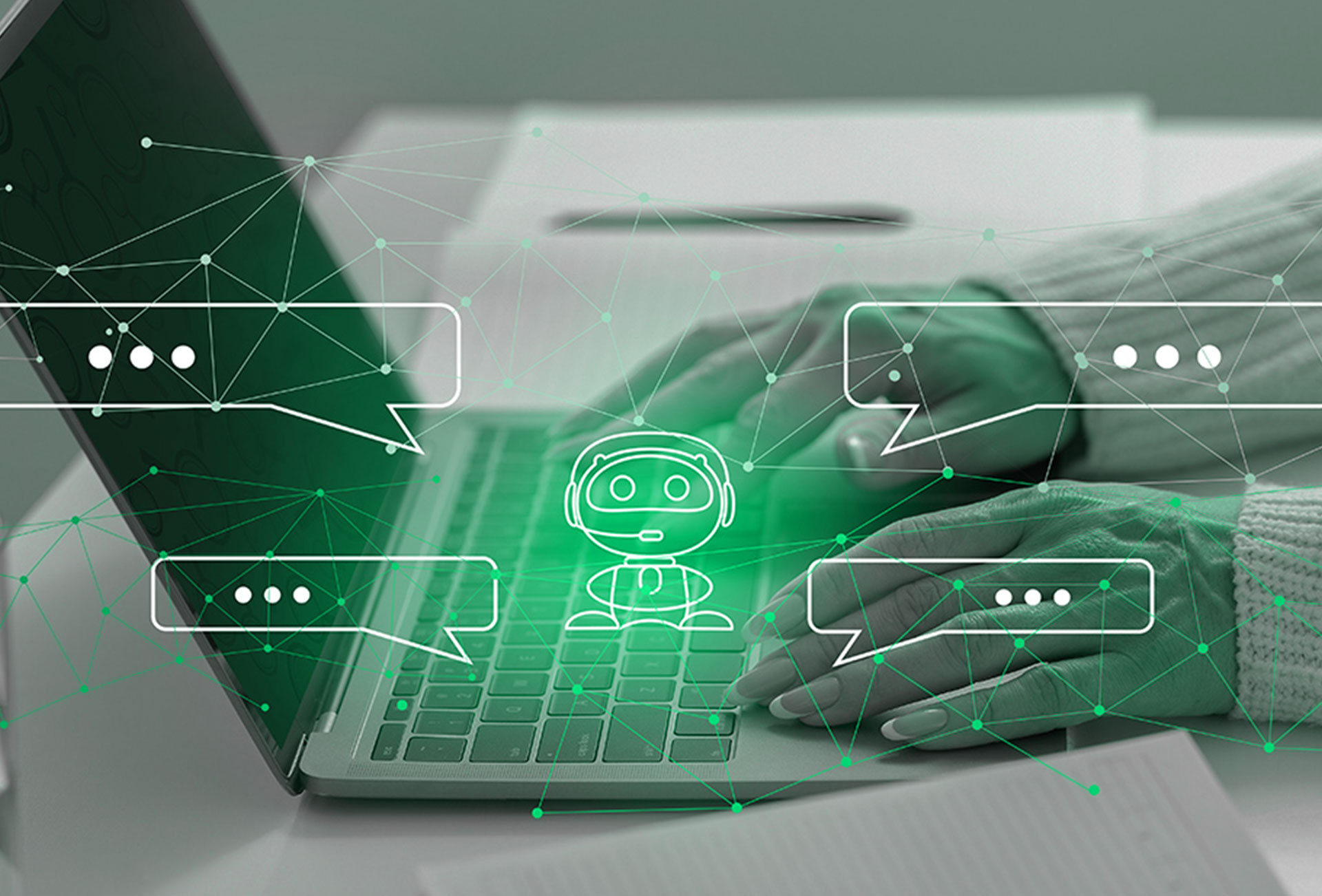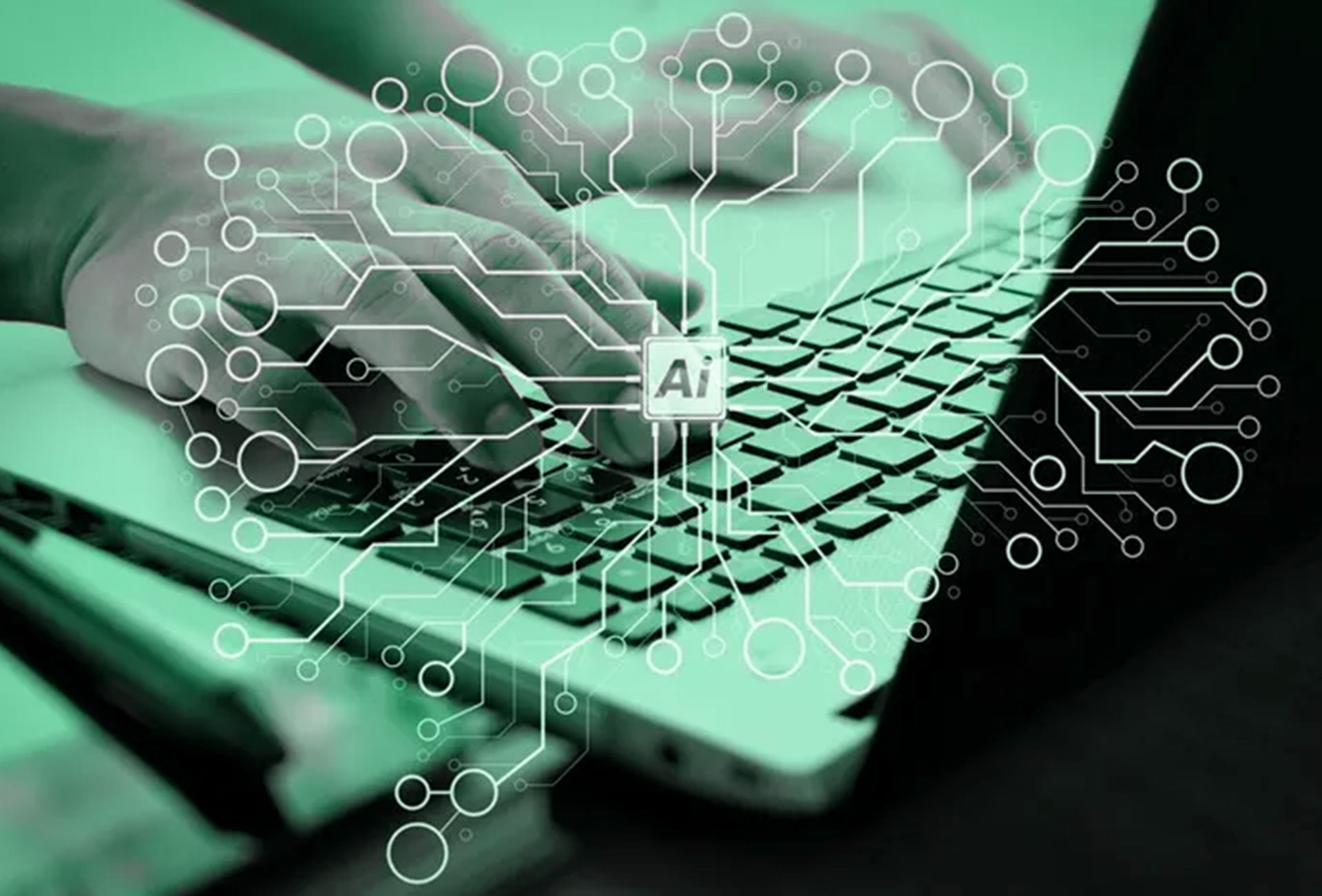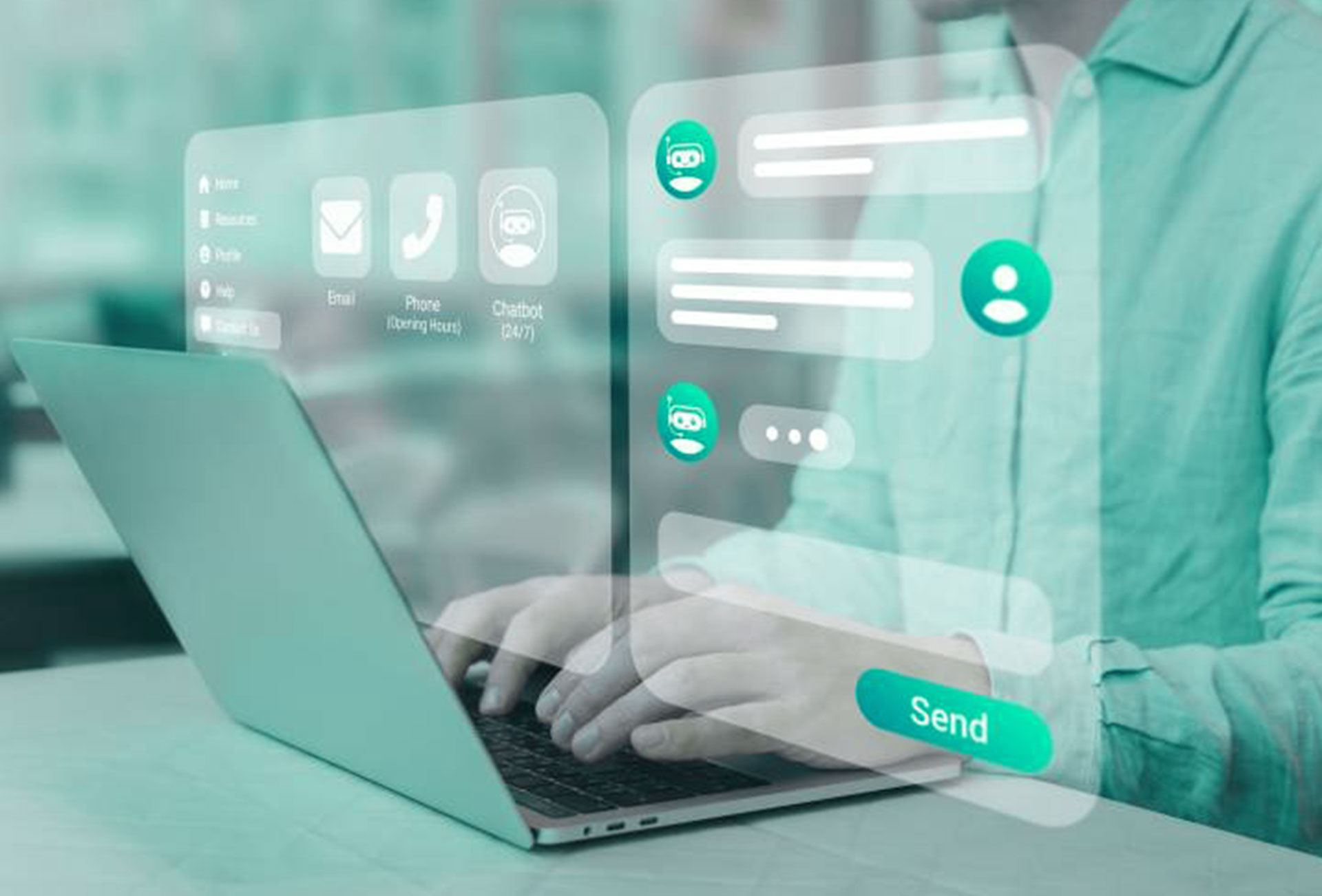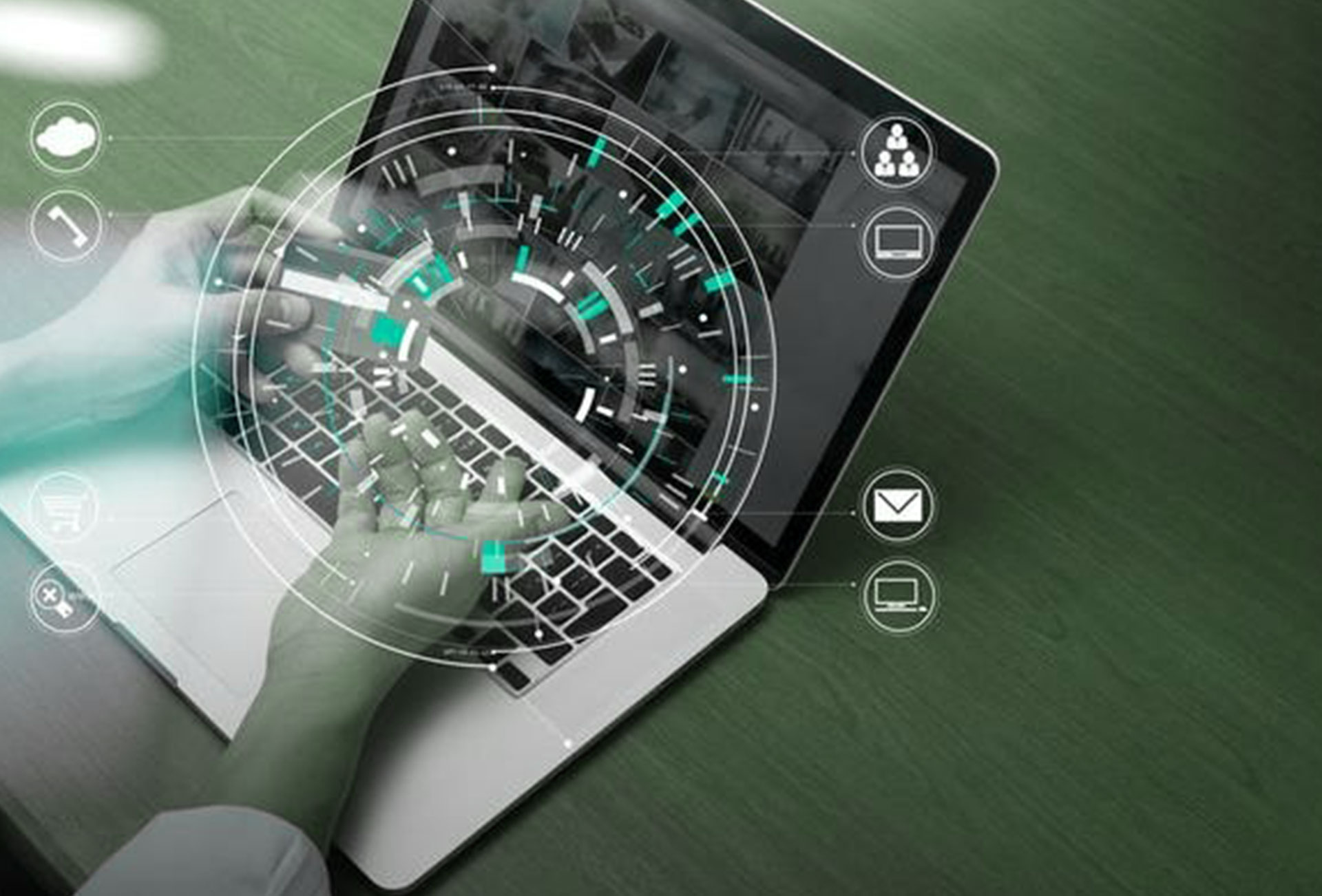VNS Chatbot Solutions for Enhanced Communication and Efficiency.
VNS Introduces Cutting-Edge Chatbot Solutions. Transform Communication, Collaboration, and Efficiency in the Modern Workspace. Start Conversation
Boosting Productivity
Chatbots have made a remarkable entry into the modern workplace, transforming the way businesses operate and enhancing productivity. This section explores how chatbots act as catalysts for conversational efficiency, showcasing the potential of AI-powered work assistants to streamline business operations and promote conversational collaboration.
Conversational Efficiency at Work: Chatbots for Productivity
Conversational efficiency at work is all about making communication and collaboration as seamless and productive as possible. Chatbots play a pivotal role in this transformation. They are designed to handle tasks, answer questions, and facilitate communication in a natural, conversational way. By acting as digital assistants, chatbots alleviate employees from repetitive tasks, enabling them to focus on more strategic and value-added activities.
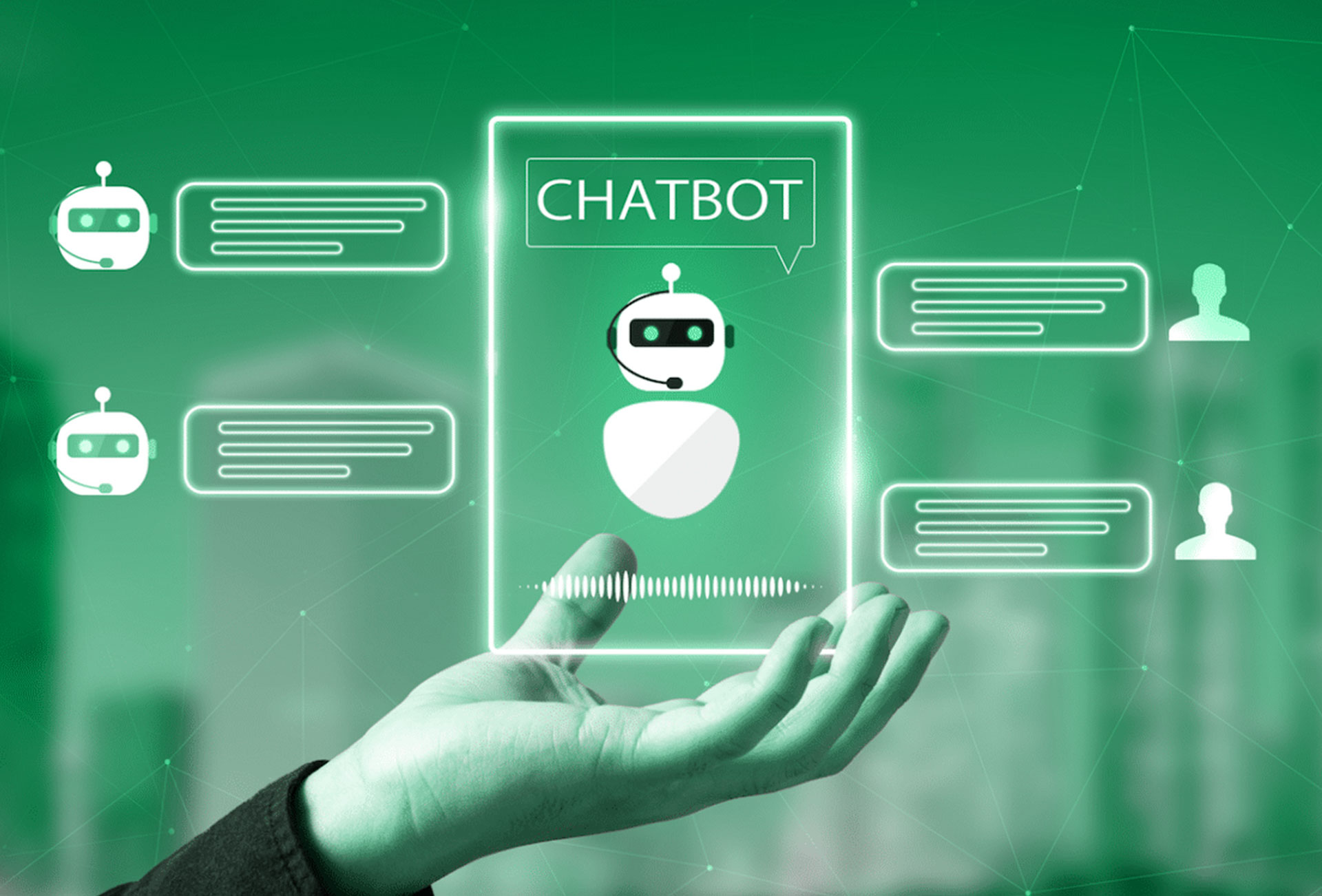
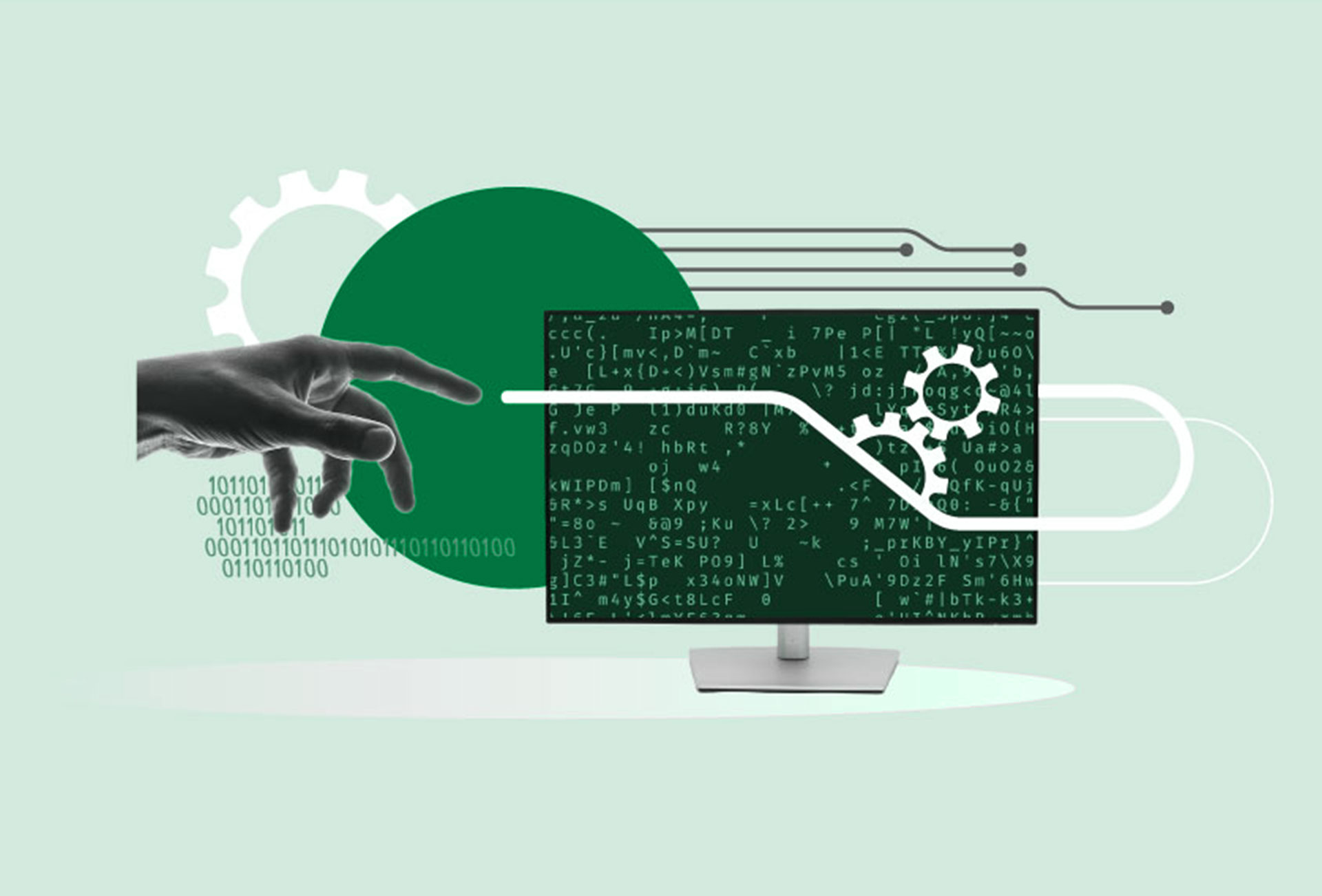
AI-Powered Work Assistants: Streamlining Business Operations
AI-powered work assistants, in the form of chatbots, have the ability to streamline various aspects of business operations. They can assist in areas such as data retrieval, appointment scheduling, customer inquiries, and internal communications. Their 24/7 availability ensures that they are always ready to provide support, making them valuable assets for businesses aiming to optimize efficiency.
Conversational Collaboration: A Productivity Revolution
Conversational collaboration is a productivity revolution that chatbots are ushering in. Instead of relying on traditional communication tools and email chains, employees can engage in real-time, conversational collaboration with chatbots. These bots can facilitate discussions, assign tasks, and provide immediate access to relevant information, all within the chat interface. This shift from asynchronous communication to conversational collaboration accelerates decision-making and ensures that information flows freely within the organization.
